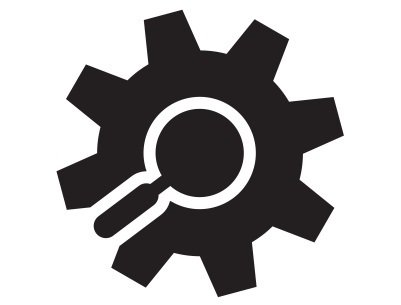FAQs
Our goal is to facilitate deep exploration of students' primary strengths and passions—all while ensuring they build foundational knowledge in core subjects relevant to modern life (math, writing, coding, etc.) such that a deficiency in any of these domains will never be the factor that holds them back.
How do you define "gifted"?
We generally use the word gifted to mean a unique combination of self sufficiency and passion.
The Collins Institute for the Gifted is focused on helping slingshot the potential of gifted children and adults. By gifted we do not mean "scores generally well across the board on tests" but the type of person with the capacity to change the future of human civilization. We look for students and fellows that either have unique tenacity, ambition, dedication to one subject, or even just raw talent.
Given that the Institute Platform is free and available to anyone gifted does not describe who we allow to access our platform but who would benefit from it. A student without initiative to kindle will not benefit from our system.
How many hours a day does this program take a student?
This is a bit like asking, "how many hours a day does a marriage take?" The Collins Institute for the Gifted both takes 100% of a student's time and almost none of their time. The Institute is not like traditional schools in which a student sits down for X number of hours a day and learns Y thing. Instead, the Institute is about creating a lifestyle and mindset that allows students to learn more than they otherwise would being lectured for five hours a day.
How many hours a day does this program take a homeschool parent or tutor?
The Collins Institute requires fewer parent/caregiver hours than traditional homeschooling and more than legacy education systems. While much of the additional time will be somewhat ad hoc and based on the needs of the student, the Institute takes at least three hours a week of dedicated time from students' caregivers.
Can this a program be undertaken simultaneously with traditional school?
Categorically: No.
The Collins Institute is only effective when a student is given the freedom to learn on their own. If an additional "forced learning" environment is created, all the Institute becomes is a source of additional tests and busy work. The Institute however does pair very well with focused learning environments chosen by the student, such as coding academies, language immersion trips, and even programs like Synthesis.
Is this a good environment for children with disabilities?
With one of our founders having type two autism, The Collins Institute not only caters to neurodiversity but was shaped by it.
The Collins Institute is a perfect environment for some disabilities, negating many of the negative ways they can impact education, but presents an abysmal learning environment for others, amplifying rather than negating problems. We are strong believers in the neurodiversity movement and believe that many neurological differences labeled as disabilities should just be thought of as different ways of being that can be accommodated through a less structured environment.
Why do you start in middle school?
Unlike many modalities, Montessori education is not fundamentally broken when applied to the age range for which it was designed (primary education). We therefore see it as a much lower priority to create another alternative for the primary educational system.
Why does Montessori (and to a lesser extent unschooling) work for young kids while falling short for students in middle and high school? Before middle school, the goal of education is to provide students with an optimal environment for their natural development. However, during middle and high school, the school system must start preparing students to thrive in a society that, in many ways, features unnatural constructs.
To use a plant metaphor: Primary education only needs to give a growing plant sunlight, water, and nutrients to ensure it has the most vigorous growth possible, whereas secondary school is tasked with guiding plants on to trellises and into shapes optimized to bear specific fruit valued in our society.
Would this be true in an ideal world? Maybe not. But it is true in this one.
Are you a nonprofit?
The Collins Institute is run by a nonprofit funded primarily by the Collins family and sales of the nonprofit's book series.
How can I donate / contribute?
We aim to be as collaborative as possible in the way we work with those who share our passion. If you want to see the Collins Institute's dream come to fruition, please reach out!
